Search
Did you mean: Phoenicia?
Remove Ads
Advertisement
Summary 
Loading AI-generated summary based on World History Encyclopedia articles ...
Search Results
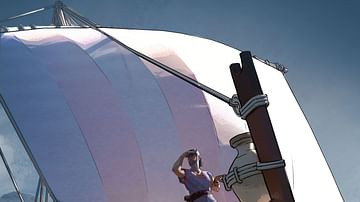
Article
The Phoenicians - Master Mariners
Driven by their desire for trade and the acquisition of such commodities as silver from Spain, gold from Africa, and tin from the Scilly Isles, the Phoenicians sailed far and wide, even beyond the Mediterranean's traditional safe limits of...
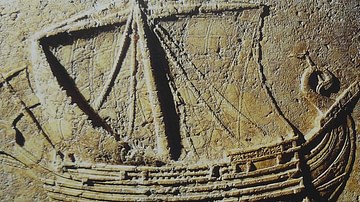
Article
Trade in the Phoenician World
The Phoenicians, based on a narrow coastal strip of the Levant, put their excellent seafaring skills to good use and created a network of colonies and trade centres across the ancient Mediterranean. Their major trade routes were by sea to...

Video
History of the Phoenicians: The Maritime Superpowers of the Mediterranean
The Phoenicians were the maritime superpowers of the Mediterranean. Their culture flourished and was at its most powerful between 1500 and 332 BCE when Alexander the Great entered the region and decimated the cities and their populations...

Video
ANCIENT CIVILIZATIONS : Mycenaeans and Phoenicians
A look at Ancient Civilizations of the Mycenaeans and Phoenicians. A visit to the heart of the first great civilizations between the Euphrates and the Agean Sea takes us to the pre-Hellenic cities of Mycenae, Tiryns, and the legendary Babylonian...
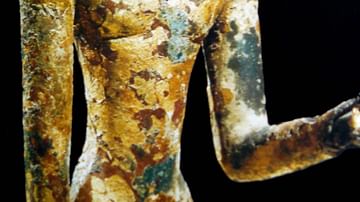
Definition
Phoenician Religion
The Phoenician Religion, as in many other ancient cultures, was an inseparable part of everyday life. Gods such as Baal, Astarte, and Melqart had temples built in their name, offerings and sacrifices were regularly made to them, royalty performed...
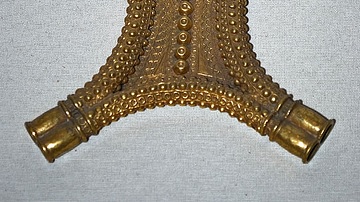
Definition
Tartessos
The Tartessian culture existed from the 9th to the 6th centuries BCE in the south-westernmost part of Spain. The landscape between the modern cities Huelva and Cádiz is defined nowadays by the lower course of the Guadalquivir, but in antiquity...
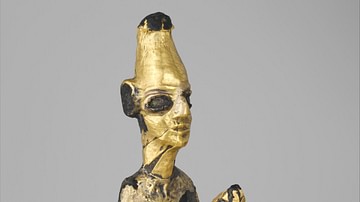
Definition
Canaan
Canaan was the name of a large and prosperous ancient country (at times independent, at others a tributary to Egypt) located in the Levant region of present-day Lebanon, Syria, Jordan, and Israel. It was also known as Phoenicia. The origin...
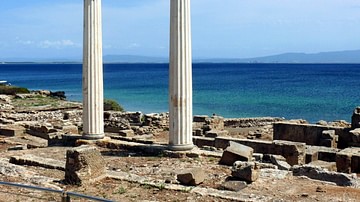
Definition
Phoenician Colonization
The prosperity of Phoenician cities such as Tyre, Sidon, and Byblos was based on trade, and it was the search for new commodities and new markets which resulted in the Phoenicians branching out from the narrow coastal strip of the Levant...

Definition
Greek Alphabet
The Greek Alphabet developed from the Phoenician script at some point around the 8th century BCE. The earlier Mycenaean Linear B script, used primarily for lists and inventories, had been lost during the Greek Dark Age, and the technology...

Definition
Phoenicia
Phoenicia was an ancient civilization composed of independent city-states located along the coast of the Mediterranean Sea stretching through what is now Syria, Lebanon and northern Israel. The Phoenicians were a great maritime people, known...